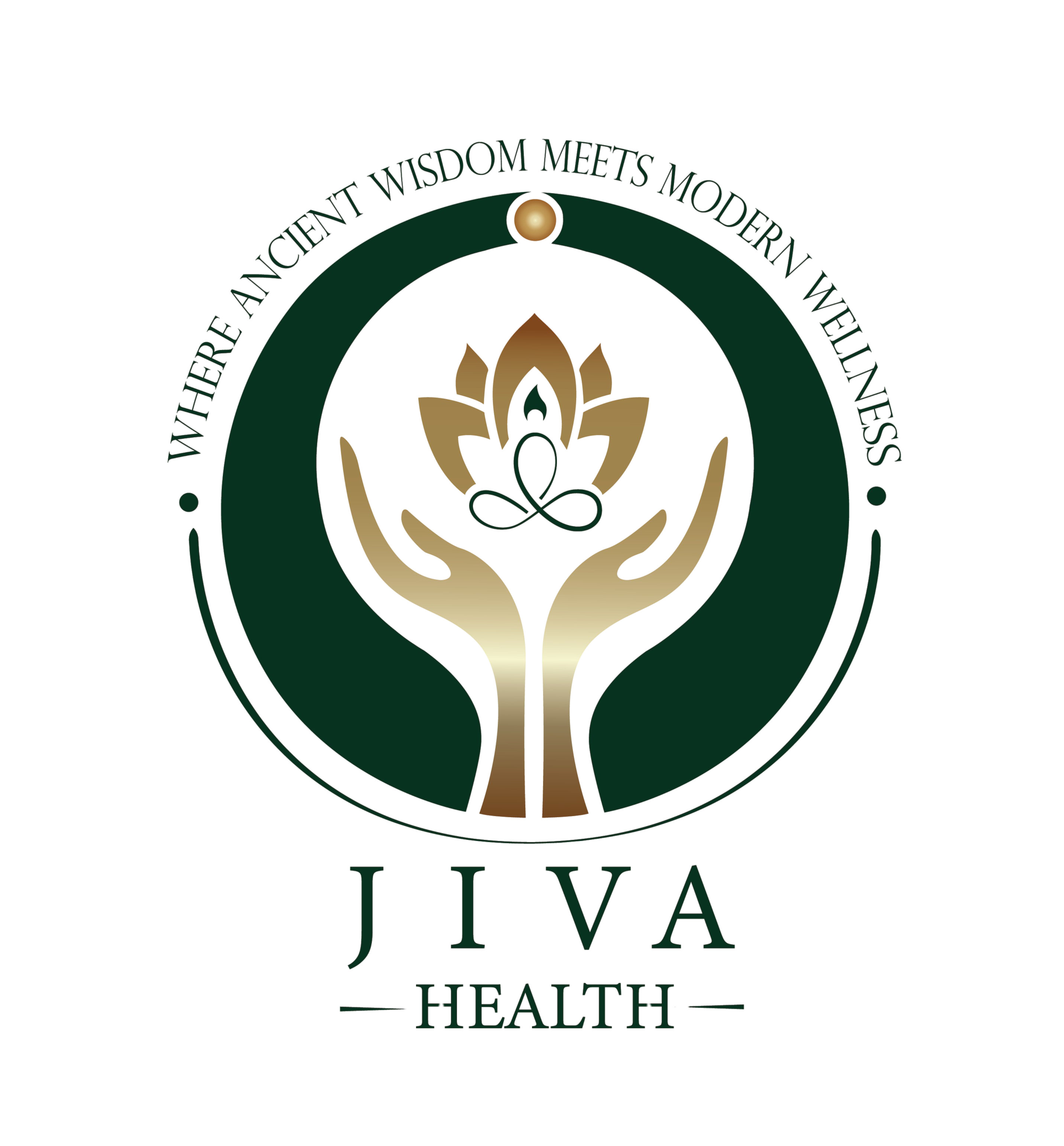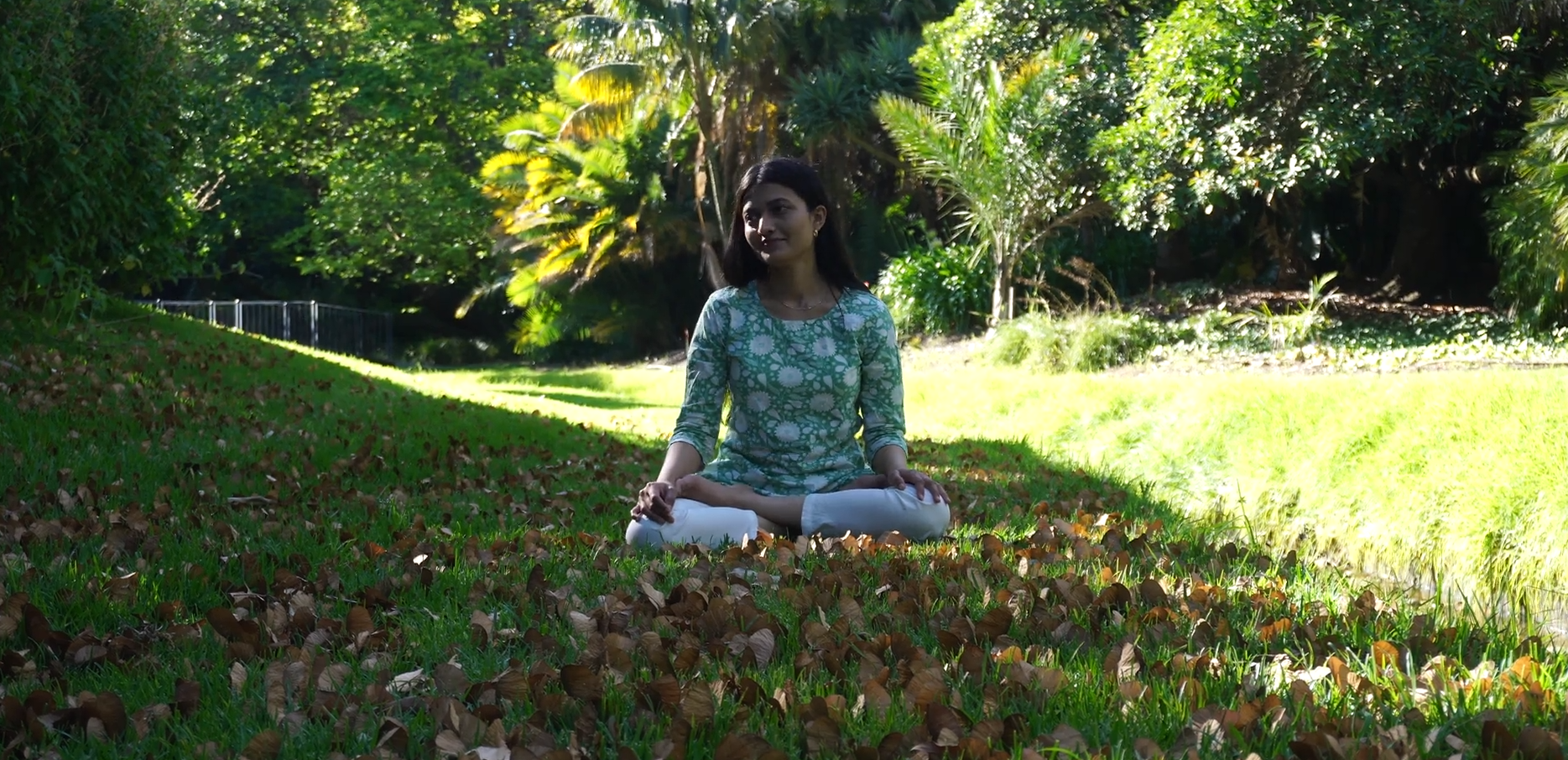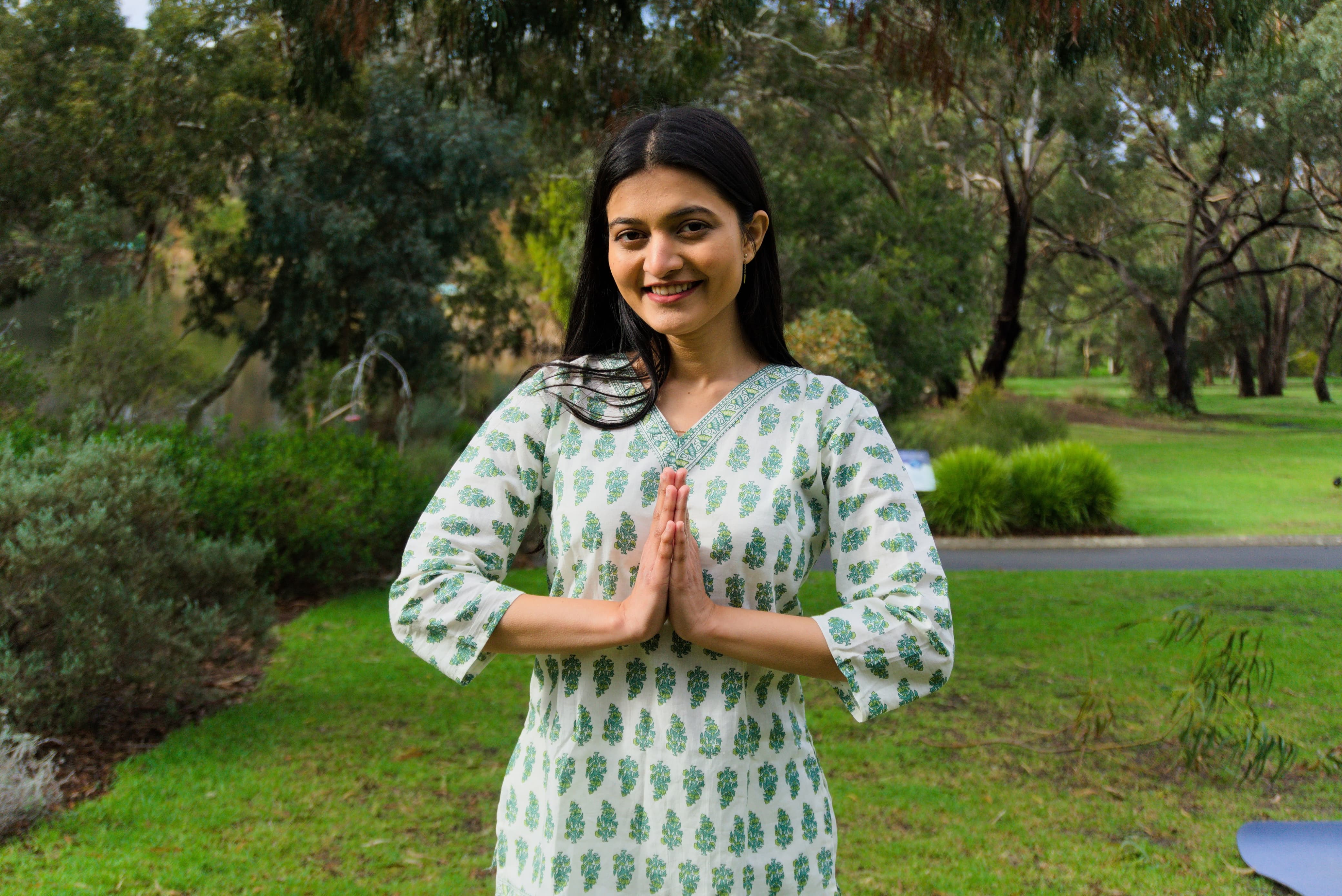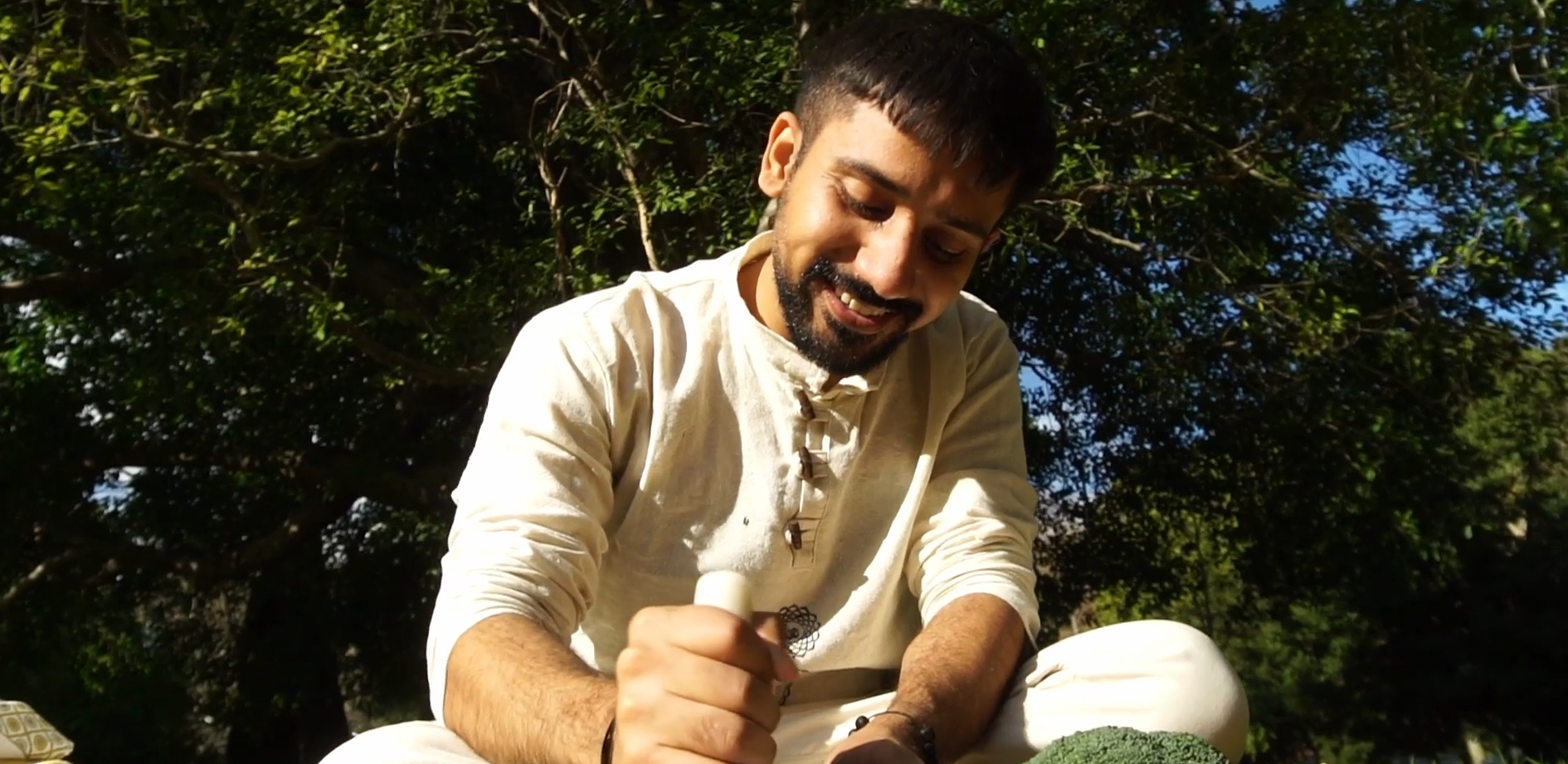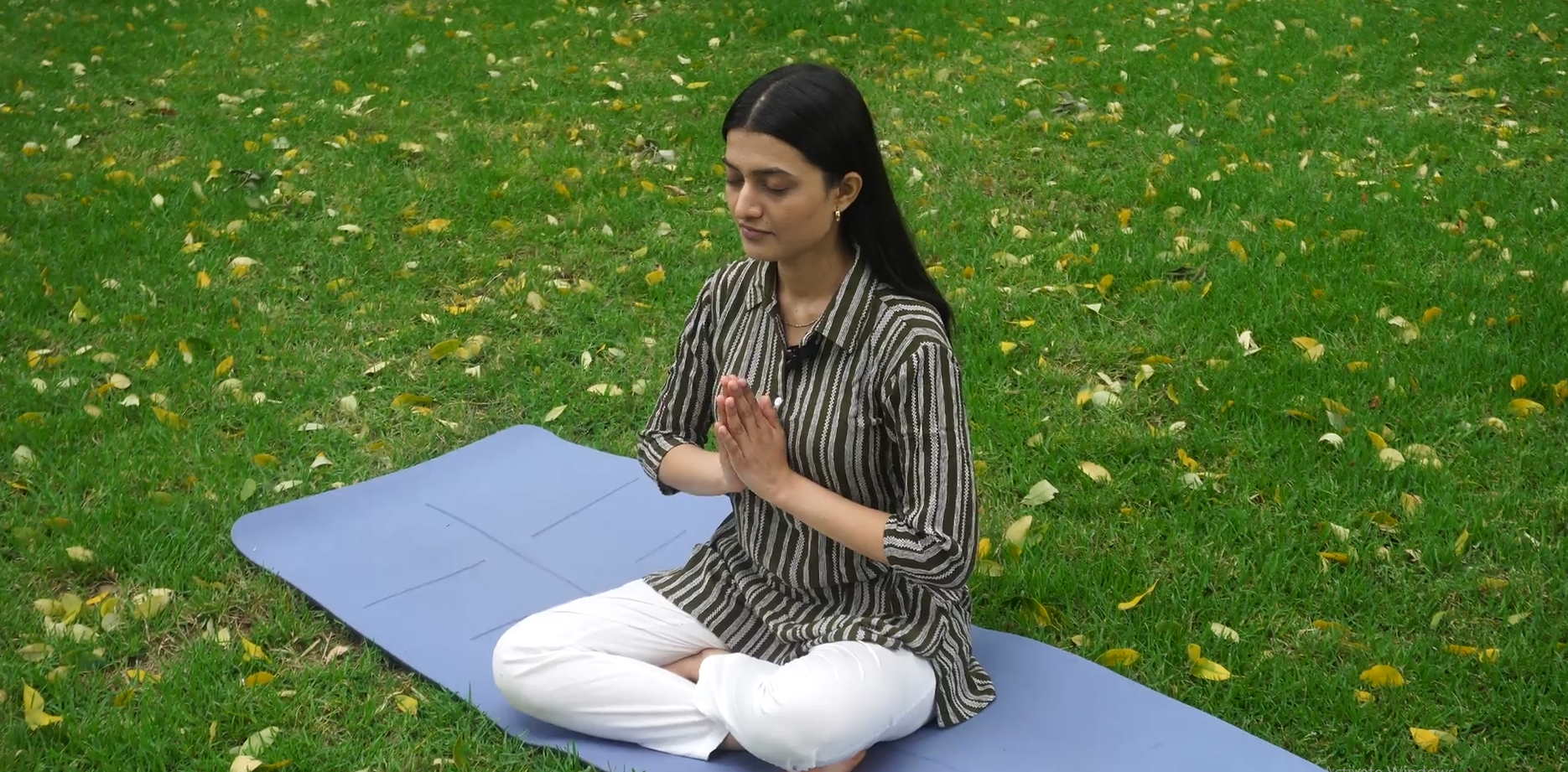Posture isn’t just about sitting straight or standing tall. It’s a window into how you breathe, feel, and move through life. We often say: your posture tells your story.
Whether you slouch at your desk, arch your back too much, or constantly tilt your head — these patterns don’t just cause pain, they reflect habits and emotions stored in your system.
Try This Quick Mirror Test: Stand naturally in front of a mirror. - Look at your shoulders: are they even or rounded? - Is your head forward? Chin tilted up or down? - Do your knees lock or your weight shift to one side?
Now take a breath. Was it deep or shallow? Did your belly move, or just your chest?
These small clues say a lot.
1. "I’m Stressed or Overthinking" A forward head posture, tense shoulders, and shallow breathing are common signs of sympathetic (fight or flight) dominance. You may be holding tension from worry, anxiety, or constant mental work — and studies have shown that prolonged forward-head posture can increase tension in neck and shoulder muscles, as well as reduce respiratory efficiency.
It’s not just poor ergonomics — it’s the physiology of mental strain showing up in your body.
2. "I’m Protecting or Collapsing Inward" Slouched shoulders and a sunken chest may indicate emotional fatigue, low confidence, or years of trying to “hide.”
This forward-flexed pattern reduces thoracic mobility and lung expansion. Research from respiratory therapy shows that this limits oxygen intake, which can perpetuate fatigue, fogginess, and low emotional resilience.
What looks like slouching may be your body trying to shield itself — emotionally and energetically.
3. “I Appear Strong, But I’m Tired Inside” An overly upright posture, with extended spine, locked knees, and stiffened back muscles may seem confident — but it can also reflect a pattern of overcompensation, high-functioning stress, or perfectionism.
People with this posture often hold themselves together by bracing — which leads to inefficient muscle use, shallow breath, and even headaches or TMJ pain. This posture looks strong but often feels tight, over-controlled, and exhausted.
What You need to see What created it. Work with: - Breath awareness - Emotional holding patterns - Somatic awareness and nervous system safety - And of course, functional strength
“Better posture” starts with better understanding.
